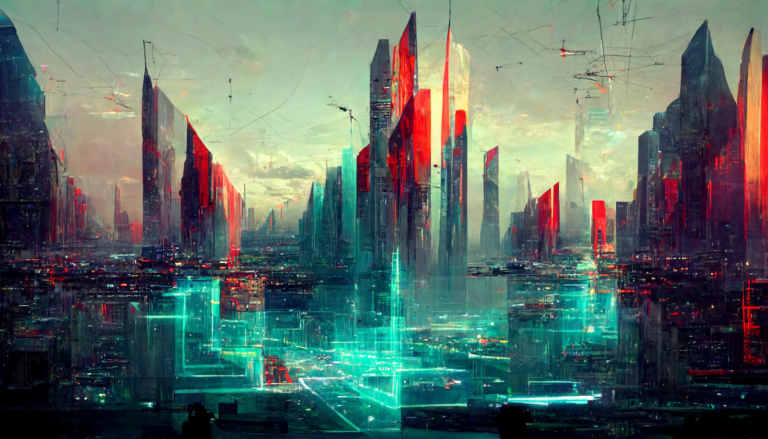As we become increasingly connected and reliant on technology, it’s no surprise that the Metaverse – a digital universe where people can interact with each other and with digital content – is becoming more and more popular. And as the Metaverse grows, so does the opportunity for us to increase our degrees of freedom.
In the physical world, our freedom is limited by our bodies and the laws of physics. But in the Metaverse, we can do things that are impossible in the real world. We can fly, we can teleport, we can create and destroy entire worlds. The possibilities are endless.
As we explore these possibilities and find new ways to interact with the Metaverse, we are also increasing our degrees of freedom. We are no longer limited by our physical bodies or the laws of physics. We can be anyone we want to be and do anything we want to do. We can create our own realities and experience things that are beyond our wildest imaginations.
The Metaverse is still in its infancy, but it is growing at an exponential rate. And as it grows, so does our potential to increase our degrees of freedom. So let’s explore the Metaverse and discover all the ways we can break free from the limitations of the physical world.
Useful and Useless Rules
It is important to distinguish between those constraints that are useful, and will be inherited by every metaverse we decide to join, and those that are useless, or even harmful. Establishing a universal guideline that allows this distinction to correctly apply is impossible. Some common sense will certainly help, while in other cases our intuitions will be misplaced.
Expecting that a metaverse can be an anarchic playground, is naive. Many existing laws will apply in the metaverse, too. Abuse, violence, theft, fraud, and other crimes will not disappear because they occur in a virtual world. In fact, many crimes will become much easier to commit.
In addition, while the metaverse will be a new frontier, it will not be completely unclaimed land. Society will bring its values, rules, and laws with it, and new legal regimes will emerge to address the unique challenges that the metaverse will pose.
The legal system will adapt to the metaverse, evolving to govern the metaverse itself. This will happen in two ways.
Firstly, existing laws will be applied to the metaverse. For example, existing laws on defamation, copyright, and fraud will all continue to apply.
Secondly, new laws will be created to govern the metaverse. These laws will be designed to deal with the unique challenges that the metaverse will pose. For example, there will need to be laws to deal with avatar cloning, identity theft, and virtual property rights.
Playing with Space and Time
Other parameters of the metaverse offer surprising new starting points to develop new degrees of freedom and deliver value to its participants.
For example, in the metaverse the force of gravity can change. If I want to learn to juggle, I can start in a low gravity environment, where my juggling balls will move slowly. As I improve my juggling skills, I can “dial up” the gravitational force, until it matches 1 g, standard Earth gravity. At that point I can take my visor off, and juggle physical balls, with confidence.
Another example is that time can be manipulated in the metaverse. If I want to learn to play a score, I can start with the music slowed down, so that I have time to react to each note. As I improve, I can “dial up” the tempo, until the music is played at its normal speed. And of course, I can do all this while collaborating with others who are anywhere in the world, while sharing the same recording studio.
Creating an Inclusive Metaverse
The metaverse will represent an unprecedented opportunity to rethink our biases, such as those against people with disabilities.
As we move into a world where digital and physical reality are increasingly intertwined, it’s important to consider how we can use this new technology to create a more inclusive world. One way to do this is to design for accessibility from the start, so that people with disabilities can fully participate in the metaverse.
There are many ways to make the metaverse accessible. Creating avatar options and environments that are specifically designed for and take into account the needs of people with disabilities. We can use artificial intelligence to create avatar assistants that can help people with disabilities navigate the metaverse.
As we move into the metaverse, it’s important to remember that accessibility is not a niche issue. It’s about creating a world that is inclusive of everyone, regardless of their abilities.
Inspired by Trailblazing Video Games
The variety of video games, and their interactions show us a path towards what will be also possible in professional fields and work environments. No, we are not going to fight with our colleagues, as we today fight with aliens in video games.
But the way in which we will relate to each other, the way in which we will obtain and share information, and the way in which we will make decisions, will be deeply influenced by what we are learning today when we play.




